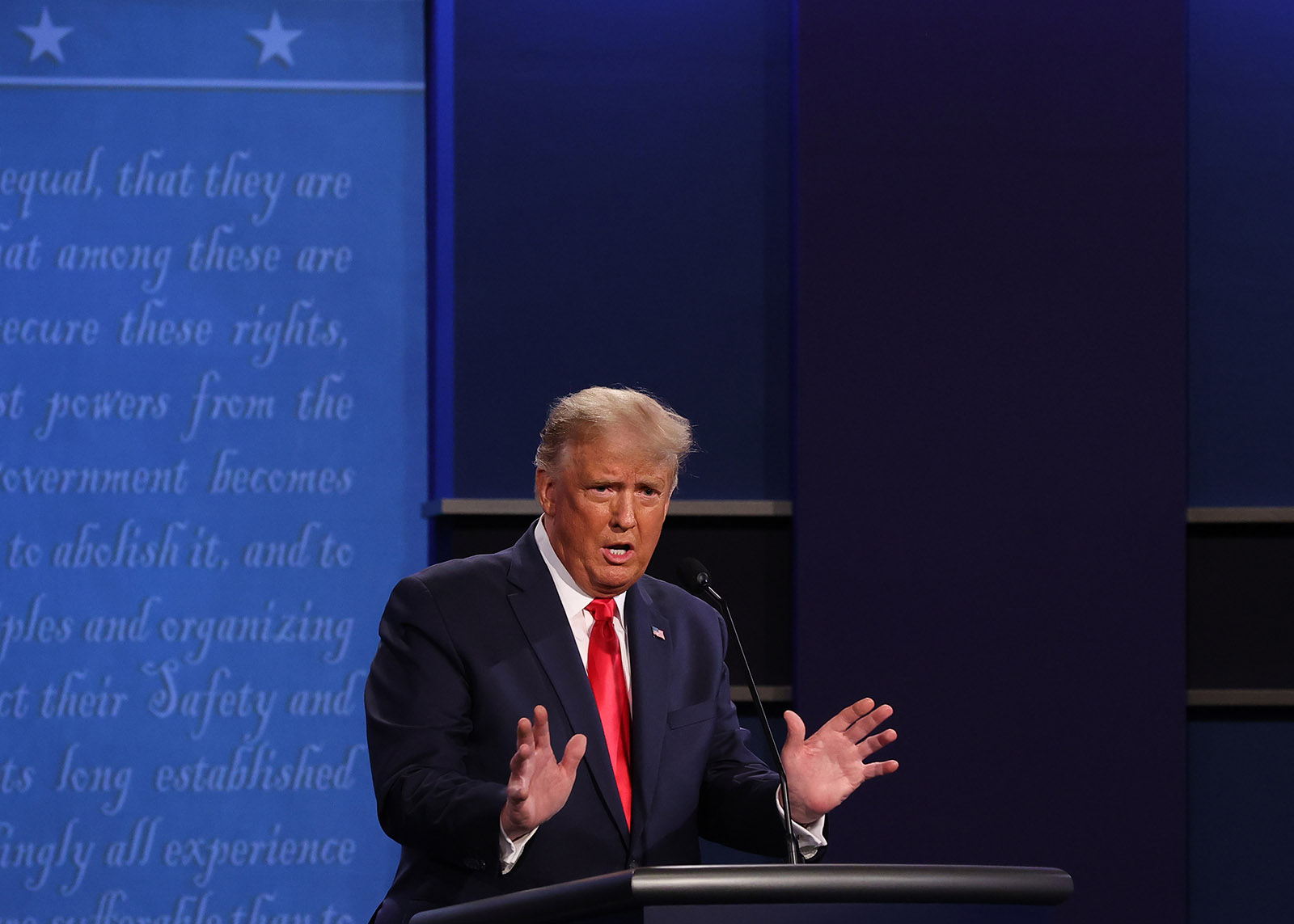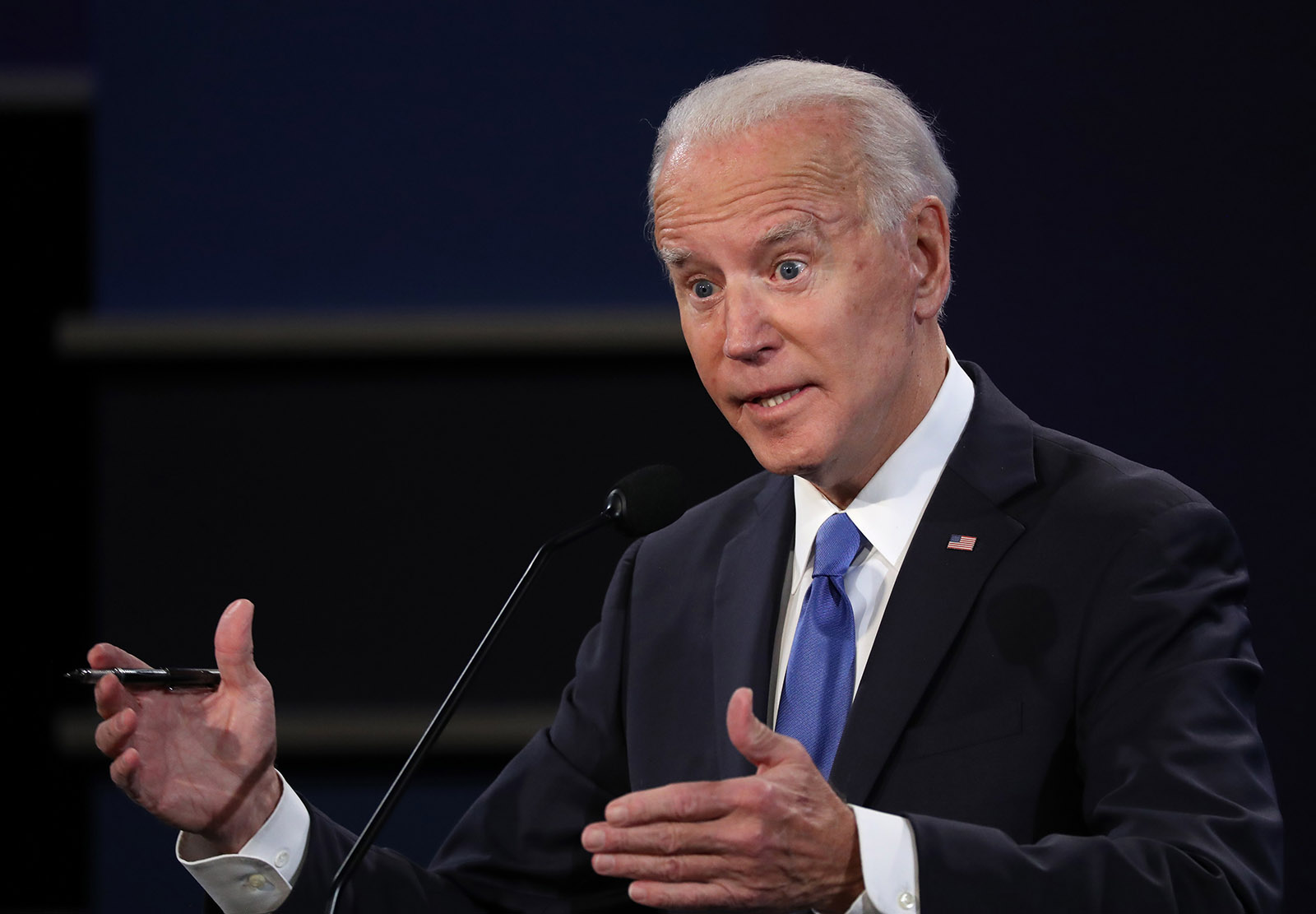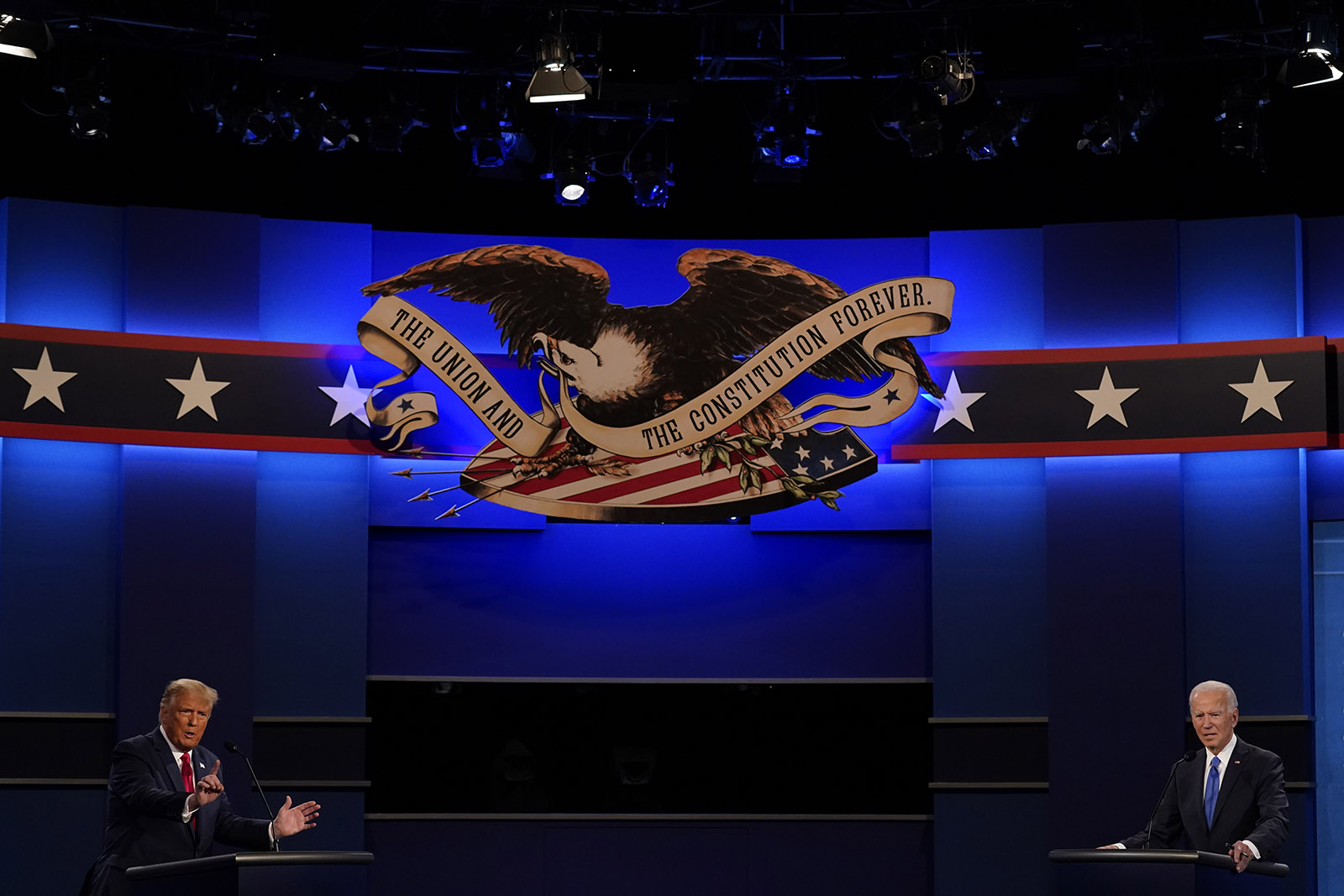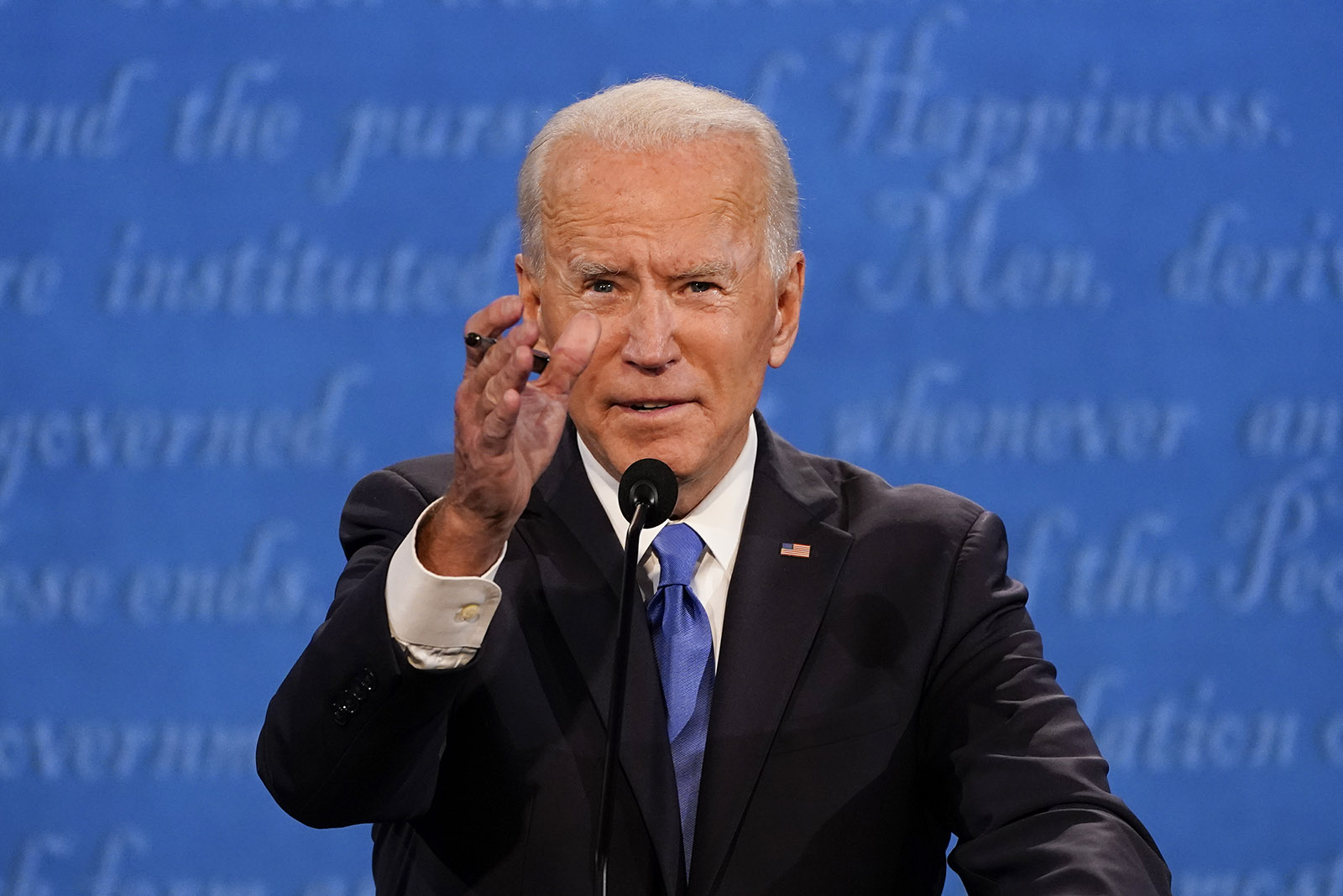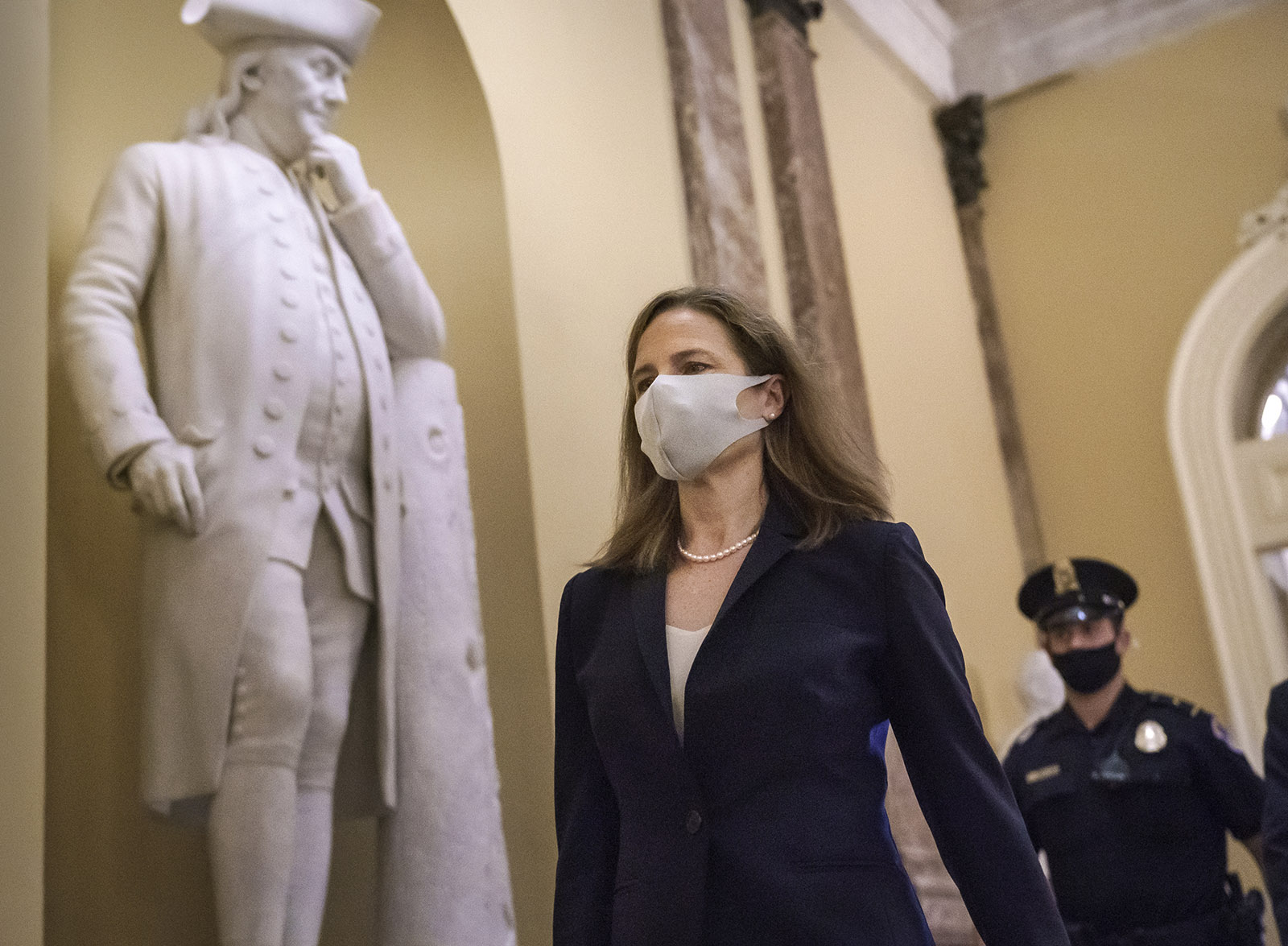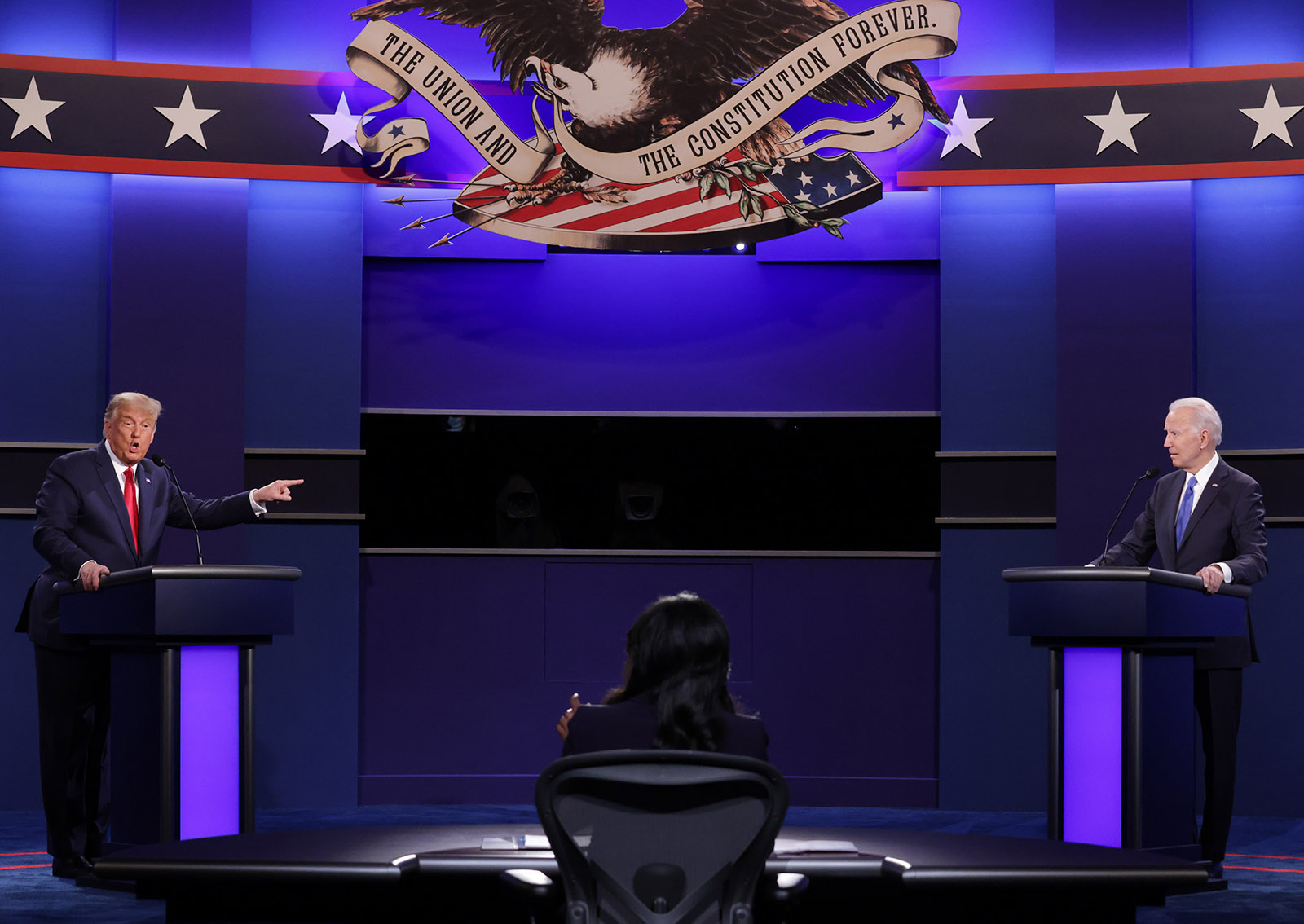
President Trump and Democratic nominee Joe Biden engaged in a heated debate about how more than 500 children should be reunited with their parents after they were separated at the US border over the past few years.
"The children are brought here by coyotes and lots of bad people, cartels, and they're brought here and they used to use them to get into our country. We now have a strong a border as we've ever had. We're over 400 miles of brand-new wall. You see the numbers. We let people in but they have to come in legally," Trump said.
In terms of reuniting these children with their families, Trump said his administration has a plan and "we're working on it very — we're trying very hard."
"But a lot of these kids come out without the parents. They come over through cartels and through coyotes and through gangs," Trump said.
Biden fired back against Trump, calling the actions of his administration "criminal."
"Five hundred plus kids came with parents. They separated them at the border to make it a disincentive to come to begin with. We're tough. We're really strong. And guess what. They cannot — it's not coyotes didn't bring them over. Their parents were with them. They got separated from their parents. And it makes us a laughing stock and violates every notion of who we are as a nation," Biden said. "Their kids were ripped from their arms and separated. And now they cannot find over 500 sets of those parents and those kids are alone. Nowhere to go. Nowhere to go. It's criminal. It's criminal."
Some context: Lawyers have not been able to reach the parents of 545 children who had been separated from their families by US border officials between 2017 and 2018, according to a court filing on Oct. 20.
Hundreds of parents may also have been deported without their children.
The filing from the Justice Department and the American Civil Liberties Union is part of an ongoing effort to identify and reunite families separated by the Trump administration, more than two years after the "zero tolerance" policy was created.
While a federal court order forced the reunification of many of those families, an explosive government watchdog report released last year revealed there could be thousands more who hadn't previously been acknowledged by officials.
A court-appointed "steering committee" has tried to locate those families. As of October 20, the committee has attempted to reach the families of 1,030 children. Of those, the committee has not been able to reach the separated parents of 545 children, according to the court filing.
"Approximately two-thirds" of parents are believed to have been deported without their children, the filing adds.
Watch the exchange:
